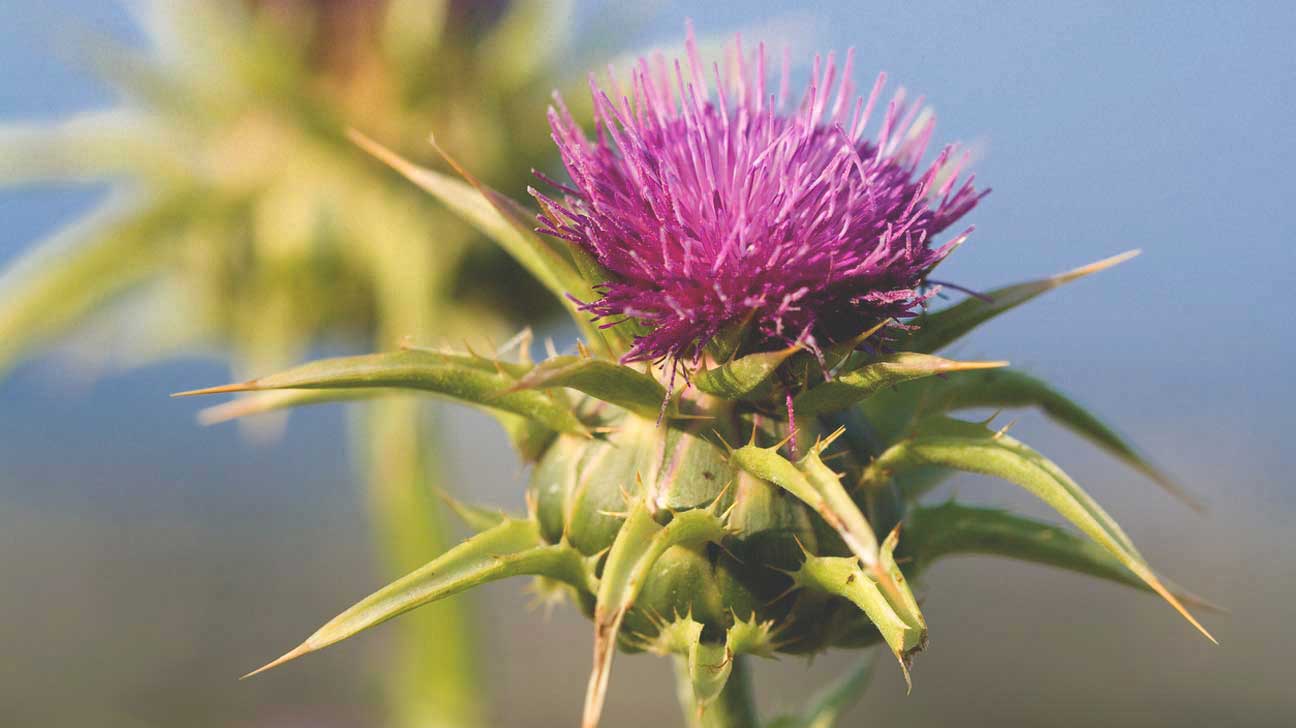Benefits of thistle as a vegetable, and information on the different nutritional properties that thistles provide, a healthy and ideal food in balanced diets.

The thistle is the common name given to several plants of the Composite (or Asteraceae) family, of which there are more than a thousand genera and more than 20,000 species. A good example is milk thistle, one of the most popular medicinal plants in the care and protection of the liver, by helping its cell regeneration.
From a nutritional point of view we can highlight the thistle as a vegetable, which is native to temperate regions and whose cultivation is certainly widespread throughout Europe. In fact, some experts tend to associate it with the artichoke, considering it a subspecies.
Nutritional properties of thistles
The thistle is quite similar to the artichoke in regard to its nutritional composition, hence many authors consider it as a species related to the latter.
It has a low content in carbohydrates, proteins and fats, so that its caloric content is really low (100 grams of thistles provide only 20 kilocalories).
It is a vegetable very rich in water, providing diuretic and cleansing benefits.
Nutritionally speaking, thistle stands out for its higher iron and calcium content compared to other vegetables, highlighting in turn the presence of vitamin C, although in somewhat smaller amounts.
| Calories | 20 kcal | ||
| Protein | 1.2 g | ||
| Carbohydrates | 3.5 g | ||
| Total fat | 0.3 g | ||
| Fiber | 1 g | ||
| Vitamins | Minerals | ||
| Vitamin C | 1 mg | Calcium | 115 mg |
| Vitamin B3 | 0.2 mg | Iron | 1.5 mg |
Benefits of thistles
If we take into account that, in terms of their nutritional composition and benefits, thistles tend to look a lot like artichokes, it is normal that one of their most outstanding properties is their action as a hepatoprotector. That is, it is a vegetable that helps protect and care for the liver.
It improves digestion thanks to its choleretic properties, being interesting when it comes to improving the function of the gallbladder and liver, helping to eliminate toxic substances such as alcohol or excessive consumption of proteins of animal origin and fats.
The presence of cynarin stands out, a substance with a bitter taste that stimulates the secretion of bile, stimulating the appetite, promoting digestion and is also useful in preventing fatty liver.































